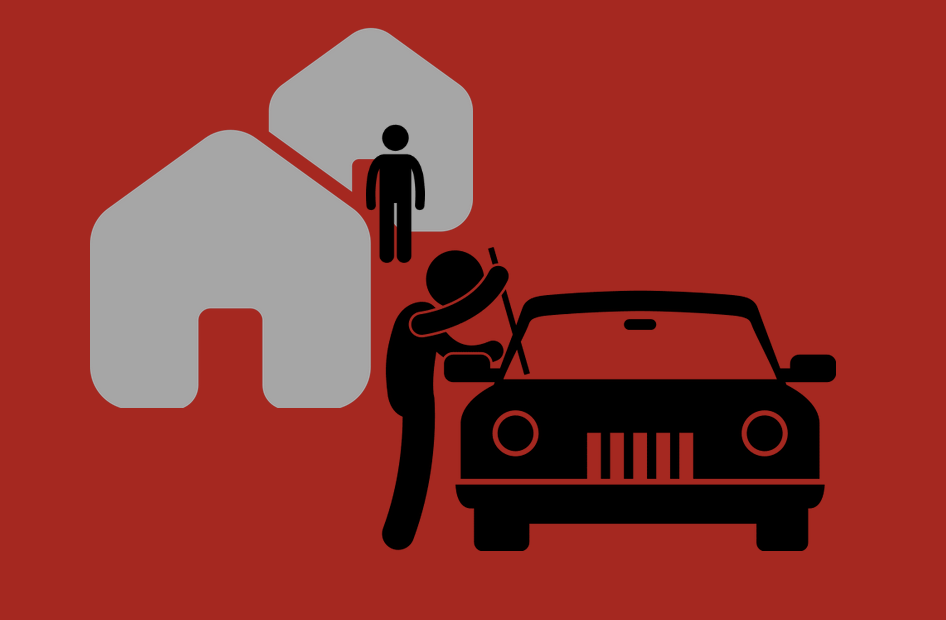‘Children in conflict with the law’ is defined as anyone under 18 who comes into contact with the justice system as a result of being suspected or accused of committing an offence. Who is a child? A child is every person below 18 years. In Uganda, every child from 12 years and above can be held liable for any criminal act.
A person who thinks he or she is aggrieved by actions of a child, which may be civil or criminal, may report the matter to any of the following institutions:
- FAMILY OF THE CHILD (MEDIATION)
- THE LOCAL COUNCIL COURTS (LCC)
- THE UGANDA POLICE FORCE (CFPU UNIT)
- THE COURTS OF JUDICATURE (Family and Children Court (FCC), High Court)
In this article we will have a closer look at the option of getting support from the Ugandan Courts of Judicature
Basically there are two courts which are handling cases with Children in conflict with the law” you can approach.
- THE FAMILY & CHILDREN COURT (FCC) and
- THE HIGH COURT OF UGANDA
Both court offer very specific services when Children are in conflict with the law which shall be described here:
Family and Children Court (FCC)
- The Family and Children Court (FCC) is established in every district and any other lower government unit designated by the Chief Justice by notice in the Gazette.
- A magistrate not below the grade of magistrate grade II presides over the family and children court.
- The jurisdiction of the Court is to hear and determine criminal charges against a child and other children related matters.
- Criminal cases involving juvenile offenders are normally instituted and prosecuted by the directorate of public prosecutions through the state attorneys.
High Court of Uganda
- The High Court has jurisdiction to try offences where a child is accused of a crime punishable by death (for which only the High Court has jurisdiction) or where a child is jointly accused with an adult.
- After hearing the case, the High Court must remit/forward the file to the Family and Children Court for an order to be made.
What remedies/orders may be passed by the courts while handling children matters?
- Reconciliation: This is the process of two people or groups in a conflict agreeing to make amends or come to a truce.
- Compensation is awarded by a court when a defendant is determined to have acted negligently caused harm to someone
- Restitution involves the court, as part of a sentence in a criminal case, ordering a defendant to compensate the victim for losses suffered as a result of the crime
- Community service is a form of punishment intended to benefit the community that’s been harmed by an offender’s crime. Judges often order offenders to perform community service in addition to or instead of other forms of punishment, such as incarceration, fines, or probation.
- Apology; Court can order a child to say sorry and let them off the hook or caution (give a formal warning) them
- The court may make a guidance order under which the child shall be required to submit himself or herself to the guidance, supervision, advice and assistance of a person designated by the court.
- Detention of the child in a children rehabilitation centre like Kampilingisa for not more than 6 months
What role does Justice Centres Uganda play in ensuring a child-friendly justice system for juvenile offenders?
- Mediation of matters that can be settled outside court, at LCC or at family level
- Provision of free legal representation in courts of law
- Ensuring other institutions observe children rights especially those in detention like at police through outreaches and follow-ups.
- Refer cases to other legal aid service providers and specialized support institutions
Further readings:
Why is mob justice an illegal and wrong way of handling child/juvenile offenders?
I feel aggrieved by a neighbours child criminal activity – how can the LCC1 help?
I feel aggrieved by a neighbours child criminal activity – what happens if I report to the police?
REFERENCE
International treaties and standards
- The United Nations Guidelines for Action on Children in the Criminal Justice System 1997
- The United Nations Guidelines for the Prevention of Juvenile Delinquency (Riyadh Guidelines) 1990
- The United Nations Standard Minimum Rules for Non-custodial Measures (Tokyo Rules) 1990
- United Nations Standard Minimum Rules for the Administration of Juvenile Justice (Beijing Rules) 1985
National laws
- The 1995 Constitution of Uganda
- The Children (Amendment) Act 2016
- The Penal Code Act Cap 120
- The Local Council Courts Act 2006
Statutory instruments
- The Children (Family and Children Court) Rules SI 59-1
- The Judicature (Criminal Procedure) (Applications) Rules SI 13-8
- The Probation (Probation Committees) (Constitution and Duties) Rules SI 122
- The Sentencing Guidelines Practice Directions 2013
- The Local Council Courts Rules 2007
Case law












One Response
Comments are closed.